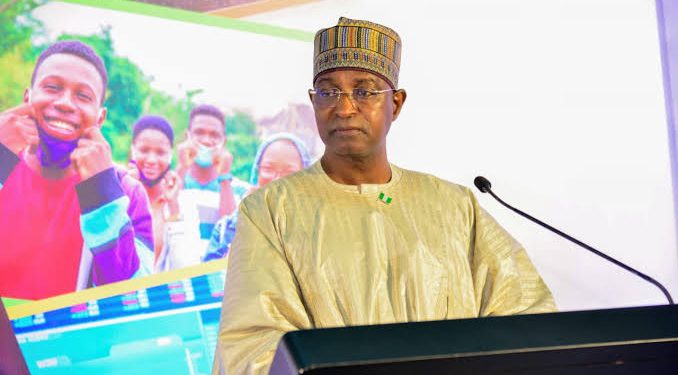Nigeria has strengthened its agricultural diplomacy with Morocco through a renewed cooperation framework designed to expand livestock trade, agribusiness development, and veterinary capacity between both countries. The agreement emerged during a high-level bilateral engagement between Nigeria’s Minister of Livestock Development and Morocco’s Minister of Agriculture, Marine Fisheries, Forest and Rural Development.
A statement from the Presidency described the talks, held during Nigeria’s livestock agribusiness study tour to Morocco, as a major step toward boosting exports and modernising the country’s livestock value chain. Both nations agreed to deepen technical collaboration and expand trade in key livestock and agricultural products, a move that carries strong implications for small businesses and livestock producers across Africa.
Under the new framework, Nigeria plans to increase exports of live animals, animal products, fodder, soybean meal, and sunflower seeds to Morocco. In return, Morocco will support Nigeria with improved irrigation technology, water-engineering systems, enhanced animal genetics, and upgraded phytosanitary standards for red-meat processing and packaging.
A Joint Technical Working Group has already been set up to refine Nigeria’s proposals ahead of a formal Memorandum of Understanding expected during the SIAM Annual Agriculture Show in April 2026.
The Nigerian delegation also visited a Rabat-based vaccine manufacturer supplying vaccines to several African markets. Discussions focused on potential collaboration with Nigeria’s National Veterinary Research Institute in the production of vaccines for cattle, birds, equines, sheep, and goats. The company’s advanced Foot-and-Mouth Disease vaccine, which covers seven serotypes, aligns with Nigeria’s livestock disease-control needs and offers a pathway to strengthen veterinary systems that many small livestock farmers depend on.
Nigeria and Morocco maintain a significant trade relationship covering petroleum, agriculture, and telecommunications, though both countries acknowledge the need to deepen integration and remove existing trade barriers. In 2023, Morocco’s exports to Nigeria reached $109 million, mainly fertilizers, while Nigeria exported $43.6 million worth of goods, including bran and float glass. Both governments see major growth potential through projects like the Nigeria-Morocco gas pipeline and renewable-energy collaborations.
In a recent meeting with stakeholders, Nigeria’s Speaker of the House of Representatives said trade relations between both countries could yield up to $2.5 billion annually. He noted that the current trade share, estimated at 1.88 per cent in the last five years, could improve significantly if barriers are removed. The growing cooperation presents new openings for African MSMEs in livestock production, agritech, veterinary services, and cross-border supply chains, especially as both countries push for stronger agricultural integration.










